Farm Boy 牧場の少年 from Final Fantasy VII ファイナルファンタジーVII with sheet music
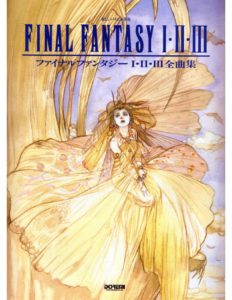
Sheet Music download here.
Music of the Final Fantasy VII series
Final Fantasy VII is a role-playing video game developed by Square (now Square Enix) and published by Sony Computer Entertainment as the seventh installment in the Final Fantasy series. Released in 1997, the game sparked the release of a collection of media centered on the game entitled the Compilation of Final Fantasy VII.
The music of the Final Fantasy VII series includes not only the soundtrack to the original game and its associated albums, but also the soundtracks and music albums released for the other titles in the collection.
The first album produced was Final Fantasy VII Original Soundtrack, a compilation of all the music in the game. It was released as a soundtrack album on four CDs by DigiCube in 1997. A selection of tracks from the album was released in the single-disc Reunion Tracks by DigiCube the same year. Piano Collections Final Fantasy VII, an album featuring piano arrangements of pieces from the soundtrack, was released in 2003 by DigiCube, and Square Enix began reprinting all three albums in 2004. To date, these are the only released albums based on the original game’s soundtrack, and were solely composed by regular series composer Nobuo Uematsu; his role for the majority of subsequent albums has been filled by Masashi Hamauzu and Takeharu Ishimoto.
The Compilation of Final Fantasy VII began eight years after the release of Final Fantasy VII with the release of the animated film sequel Advent Children in 2005. The soundtracks for each of the titles in the collection are included in an album, starting with the album release of the soundtrack to Advent Children that year. The following year, Nippon Crown released a soundtrack album to correspond with the video game Dirge of Cerberus, while Square Enix launched a download-only collection of music from the multiplayer mode of the game, which was only released in Japan. After the launch of the game Crisis Core in 2007, Warner Music Japan produced the title’s soundtrack. The latest album in the collection, Before Crisis: Final Fantasy VII & Last Order: Final Fantasy VII Original Soundtrack, was released by Square Enix the same year as a combined soundtrack album for the game Before Crisis and the animated movie Last Order.
The original music received highly positive reviews from critics, who found many of the tunes to be memorable and noted the emotional intensity of several of the tracks. The reception for the other albums has been mixed, with reactions ranging from enthusiastic praise to disappointment. Several pieces from the soundtrack, particularly “One-Winged Angel” and “Aeris’ Theme”, remain popular and have been performed numerous times in orchestral concert series such as Dear Friends: Music from Final Fantasy and Tour de Japon: Music from Final Fantasy. Music from the Original Soundtrack has been included in arranged albums and compilations by Square as well as outside groups.
Browse in the Library:
| Artist or Composer / Score name | Cover | List of Contents |
|---|---|---|
| Bach J.S. Cello Suite No. 6 arr. piano solo by Joachim Raff |
 |
|
| Bach J.S. Cello Suite No.1 arr. for piano solo |
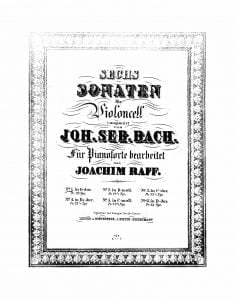 |
|
| Bach J.S. Das Musikalisches Opfer BWV 1070 |
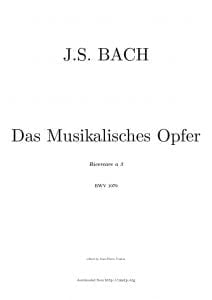 |
|
| Bach J.S. Fifield Transcription Cantata BWV 147 Jesu, Joy of Man’s Desiring piano solo |
 |
|
| Bach J.S. Harpsichord Concerto A-major arr. 2 pianos | ||
| Bach J.S. J.S.- Das Wohltemperierte Klavier I (Urtext) |
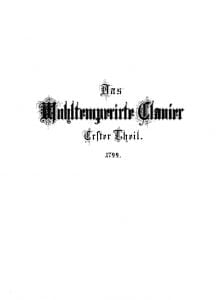 |
|
| Bach J.S. Marcello – BWV 974 Concert no. 3 | ||
| Bach J.S. My First Book of Bach favorite pieces in easy piano arrangements by D. Dutkanicz |
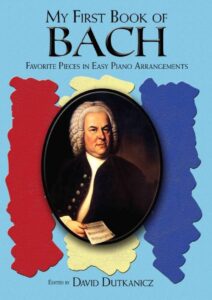 |
Bach J.S. My First Book of Bach favorite pieces in easy piano arrangements by D. Dutkanicz |
| Bach J.S. Parodi Siciliano from BWV 1031 Piano solo transcription |
 |
|
| Bach J.S. Prelude XXIV | ||
| Bach J.S. Ricercar 6 BWV 1079 from “The Musical Offering | ||
| Bach J.S. Sarabande for cello | ||
| Bach J.S. Siciliano from BWV 1031 Piano solo transcription by Eugen D’Albert |
 |
|
| Bach J.S. Ten Choral Preludes KiV B 27 | ||
| BACH J.S. The Art Of Fugue Bach Fugues For Keyboard, 1715 1750 |
 |
|
| BACH J.S. The little music book of Anna Magdalena (20 easy pieces) |
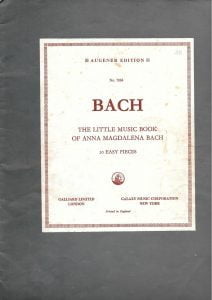 |
|
| Bach J.S. Toccata & Fugue Dminor for Piano |
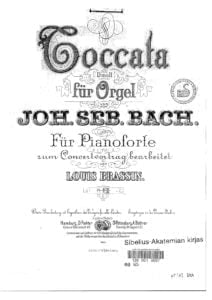 |
|
| Bach J.S. Two Transcriptions Of St. Matthew Passion For Piano Solo |
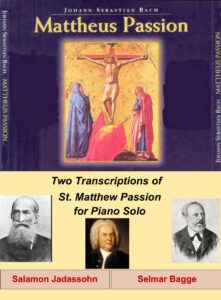 |
|
| Bach J.S. Two-Voice Inventions |
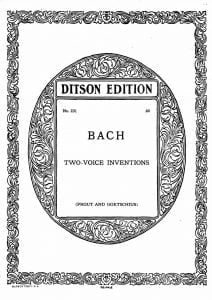 |
|
| Bach J.S.-Busoni BVB36 Prelude Fugue and Allegro BWV998 | ||
| Bach J.S.-Busoni BWV 933-938 | ||
| Bach J.S.-Busoni Prelude in C minor BWV 999 | ||
| Bach J.S.-BWV 1055 4 hands | ||
| Bach J.S.-Choral-BWV-639-Transcr-Busoni | ||
| Bach J.S.-Lipatti – Two Transcriptions of Bach J.S.’s Cantatas 208 | Bach-Lipatti – Two Transcriptions of Bach’s Cantatas 208 | |
| Bach J.S.-Petri – Cantata 208 “Sheep May Safely Graze” Piano solo arr. | Bach-Petri – Cantata 208 Sheep May Safely Graze | |
| Bach J.S.-Siloti- Andante from Sonata for Solo Violin BWV 1003 | ||
| Bach JS “Sheep May Safely Graze” from Cantata 208 (easy piano) |
 |
|
| Bach Liszt Prelude & Fugue In A Minor, Bwv 543 |
 |
|
| BACH Master Musicians Series by Malcom Boyd (eBook) Biography |
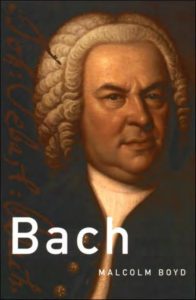 |
|
| Bach Prelude Iv Bwv 849 Wtc I (Musescore File).mscz | ||
| Bach The Goldberg Variations Cambridge Music Handbooks (eBook) |
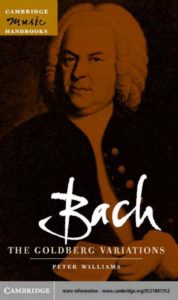 |
|
| Bach The Goldberg Variations Cambridge Un. Press (Book) |
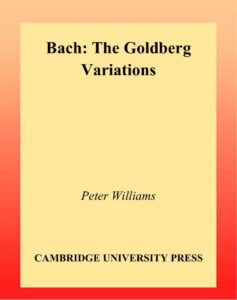 |
|
| Bach The New Bach Reader A Life Of Johann Sebastian Bach In Letters And Documents (Arthur Mendel Hans T. David Christoph Wolff) Book |
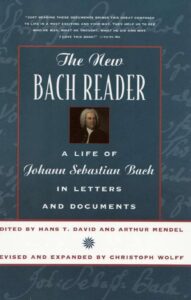 |
|
| Bach Toccata And Fugue In D Minor (Piano Solo) (Musescore File).mscz | ||
| Bach Toccata and Fugue in D Minor BWV 565 (Piano solo arr.) |
 |
|
| Bach Toccata And Fugue In D Minor Bwv 565 (Piano Solo Arr.) (Musescore File).mscz | ||
| Bach Two Part Inventions (No. 1 Bwv 772) (Musescore File).mscz | ||
| Bach-Bauer Die Seele Ruht..Cantata 127 for piano solo | ||
| Bach-Busoni – Chaconne D minor arr. piano solo |
 |
|
| Bach-Busoni Ich Ruf’ Zu Dir Herr Bwv 639 Piano Solo Arr. (Musescore File).mscz | ||
| Bach-Gouin – Harpsichord Concerto in F Minor (Arioso) BWV1056 piano |
 |
|
| Bach-Rummel Ertodt-Uns BWV22 |
 |
|
| Bach-Siloti – Praeludium In B Minor BWV 855a | Bach-Siloti – Praeludium In B Minor Bwv 855a | |
| Bach-Siloti – Praeludium In B Minor Bwv 855a (Musescore File).mscz | ||
| Bach-Siloti Transcription of Bach’s Air from Suite for String Orchestra No.3, BWV 1068 | ||
| Bach-Stradal Trio Sonata No 4 in E minor BWV 528 |
 |
|
| Bach, Johann Sebastian – Complete Lute Music (transcribed for Guitar) |
 |
|
| Bach, J. S. Concert In D Minor Bwv 1043 For Two Violins And Piano Musescore File.mscz | ||
| Bach, J.S. Jesus Bleibet Meine Freude Easy Guitar Arr. Jesu, Joy Of Man’s Desiring Cantata Nr. 147 | Bach, J.S. – – Jesu Bleibet Meine Freude Guitar arr. | |
| Bach, J.S. Jesus Bleibet Meine Freude Guitar Arr. Jesu, Joy Of Man’s Desiring Cantata Nr. 147 | Bach, J.S. Jesus Bleibet Meine Freude Guitar Arr. Jesu, Joy Of Man’s Desiring Cantata Nr. 147 | |
| Bach, J.S. Orchestral Suite No. 1 In C Major Bwv 1066 Passepied (Easy Piano Solo) |
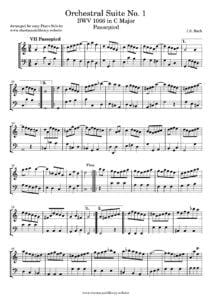 |
|
| Bach, J.S. Arioso For Piano Solo BWV 156 |
 |
|
| Bach, J.S. For Electric Guitar [Guitar SongBook] |
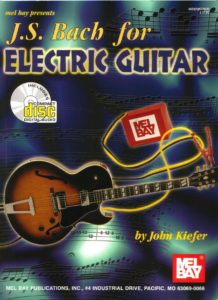 |
Bach, J.S. For Electric Guitar |
| Bach, J.S. Myra Hess Chorale from Cantata 147 Jesu Joy Of Man’s desiring Hess Myra piano solo Arrangement |
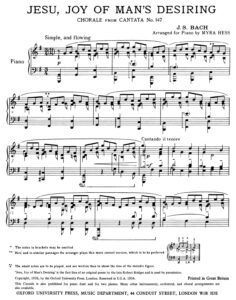 |
|
| Bach, J.S. – Jesus bleibet meine Freude Guitar arr. Jesu, Joy of Man’s Desiring Cantata Nr. 147.mscz | ||
| Bach, J.S. – Jesus_bleibet_meine_Freude_Cantata_Bwv147_10_Choral SATB with Piano by Johann_Sebastian_Bach.mscz | ||
| Bach, J.S. – Toccata and Fugue in D Minor (Piano Solo) |
 |
|
| Bach, J.S. Arioso (Guitar) from Cantata BWV 156 Guitar arr. by Per Orlov Kindgren |
 |
|
| Bach, J.S. Awake, tu us the Voice is calling – Wachet Auf, ruft uns die Stimme Piano solo arr. (Borwick) |
 |
|
| Bach, J.S. Chorale from Cantata 147 Jesu Joy Of Man’s desiring Easy piano solo Arr. |
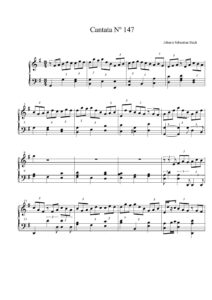 |
|
| Bach, J.S. Dinu Lipatti Pastorale in F ( Piano solo transcription) |
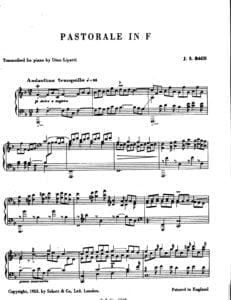 |
|
| Bach, Johann Sebastian (bio book LUX-Lesebogen) (Deutsch-German) Biography |
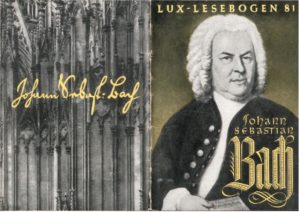 |
|
| Bach, JS Partitas Partita 1 |
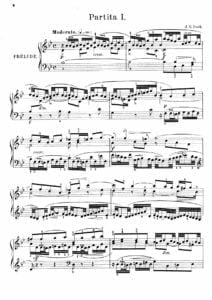 |
|
| Bach’s Well-tempered Clavier The 48 Preludes and Fugues (Book ) David Ledbetter |
 |
|
| Bachianas Brasileiras No. 5 (Heitor Villa-Lobos) | ||
| Bachianas Brasileiras No. 5 (Heitor Villa-Lobos) 2 pianos | ||
| Back To The Future Music from the Motion Picture Soundtrack Piano Vocal guitar |
 |
Back To The Future |
| Backstreet Boys – All I Have To Give | ||
| Backstreet Boys – As Long As You Love Me | ||
| Backstreet Boys – Drowning | ||
| Backstreet Boys – How Did I Fall In Love With You | ||
| Backstreet Boys – I Need You Tonight | ||
| Backstreet Boys – I Want It That Way | ||
| Backstreet Boys – Incomplete | ||
| Backstreet Boys – Quit Playing Games With My Heart | ||
| Backstreet Boys – Show Me The Meaning Of Being Lonely | ||
| Backstreet Boys As Long As You Love Me |
 |
|
| Backstreet Boys Backstreets Back |
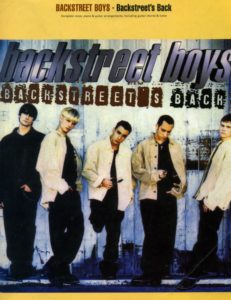 |
|
| Backstreet Boys Black Blue |
 |
|
| Backstreet Boys Drowning |
 |
|
| Backstreet Boys Everybody |
 |
|
| Backstreet Boys I Want It That Way |
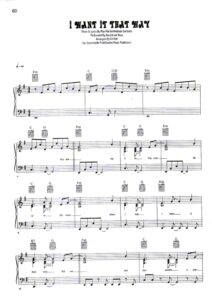 |
|
| Backstreet Boys Shape Of My Heart |
 |
|
| Baden Powell Manha De Carnaval Guitar Tablature Tabs |
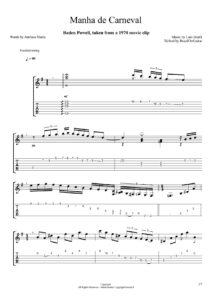 |
|
| Baden Powell – So Por Amor (Guitar arr. sheet music with TABs) | Baden Powell – So Por Amor (Guitar arr. sheet music with TABs) | |
| Baden Powell – Samba Do Aviao (Jobim) Guitar arr |
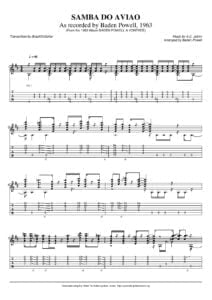 |
|
| Baden Powell – Samba Em Preludio Guitar TAB |
 |
|
| Baden Powell – Serenata Do Adeus Guitar TABs |
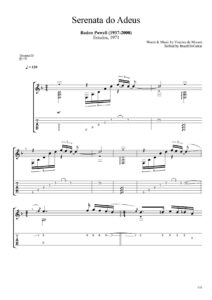 |
|
| Baden Powell Complete Brazil On Guitar transcriptions with Tablature |
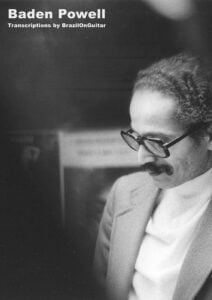 |
Baden Powell complete sheet music |
| Baden Powell Contemporary solo guitar (Book In Japanese) |
 |
|
| Baden Powell Prelude In A Minor (guitar) |
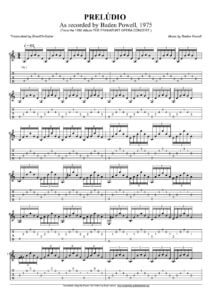 |
|
| Baden Powell Retrato Brasileiro Choro Lento (Guitar) |
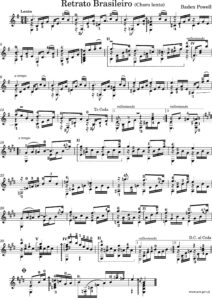 |
|
| Baden Powell Songbook – Volume 1 (Guitar) |
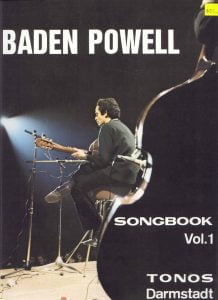 |
Baden Powell 1 |
| Baden Powell Songbook – Volume 2 (Guitar) |
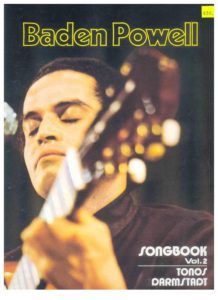 |
Baden Powell 2 |
| Baden Powell Songbook Volume 3 (Guitar) |
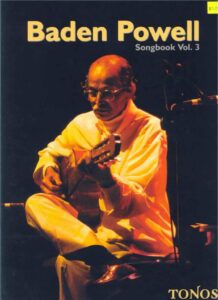 |
Baden Powell songbook 3 |
| Badfinger – No Matter What |
 |
|
| Baghdarsaryan, Eduard 24 Preludes For Piano |
 |
|
| Baker’s Biographical Dictionary Of Popular Musicians 1990 Complete Vol 1 A L and Vol 2 M Z |
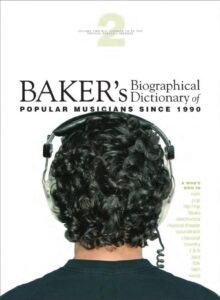 |
|
| Balada Para Alessandro (Raul Di Blasio) | ||
| Balázs Havasidom Freedom Piano Solo Sheet Music |
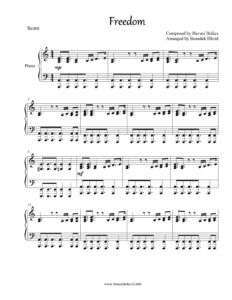 |
|
| Ballad No Name (William Joseph) | ||
| Ballade No. 1 In G Minor (Musescore File).mscz | ||
| Ballads Big Book Of Ballads 2nd Edition Piano Vocal Guitar |
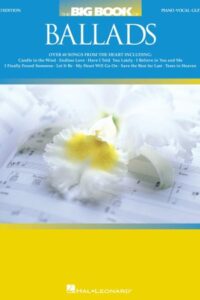 |
Ballads Big Book Of Ballads 2nd Edition Piano Vocal Guitar |
| Ballads For Classical Guitar |
 |
Ballads For Classical Guitar |
| Ballads Really easy piano (24 great songs) |
 |
Ballads Really easy piano (24 great songs) |
| Ballads The Big Book Of Ballads 3rd Edition Piano Vocal Guitar |
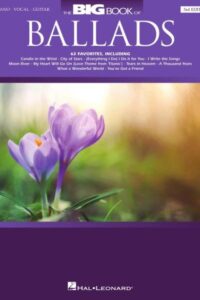 |
Ballads The Big Book Of Ballads 3rd Edition Piano Vocal Guitar |
| Bambina (Lara Fabian) | ||
| Banana Boat Day-O – Guitarr Arr. With Tabs (Traditional Jamaican Folk Song (Sheet Music) |
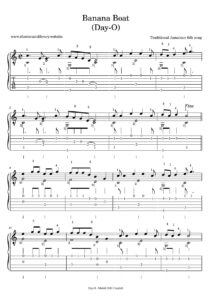 |
|
| Banana Boat Day-O – Guitarr Arr. With Tabs (Traditional Jamaican Folk Song (Sheet Music)) (Musescore File).mscz | ||
| Banana phone (Raffi) | ||
| Bangles – Eternal Flame | ||
| Bar Piano Susi’s – Band 1 – Swing Evergreens and Pop Classics by Susi Weiss |
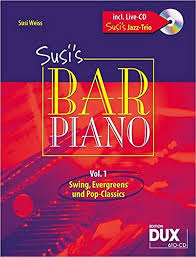 |
Bar Piano Susi’s – Band 1 – Swing Evergreens and Pop Classics by Susi Weiss |
| Bar Piano Susi’s – Band 2 – Swing Evergreens and Pop Classics by Susi Weiss |
 |
Bar Piano Susi’s – Band 2 – Swing Evergreens and Pop Classics by Susi Weiss |
| Bar Piano Susi’s – Band 3 – Swing Evergreens and Pop Classics by Susi Weiss |
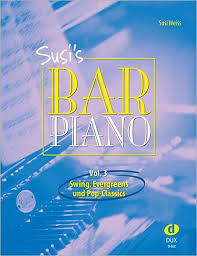 |
Bar Piano Susi’s – Band 3 – Swing Evergreens and Pop Classics by Susi Weiss |
| Bar Piano Susi’s – Band 4 – Swing Evergreens and Pop Classics by Susi Weiss |
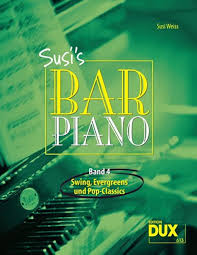 |
Bar Piano Susi’s – Band 4 – Swing Evergreens and Pop Classics by Susi Weiss |
| Bar Piano Susi’s Merry Christmas by Susi Weiss |
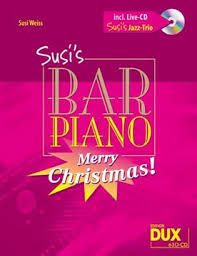 |
Bar Piano Susi’s Merry Christmas by Susi Weiss |
| Bar Piano, Susi’s – Band 5 – Swing, Evergreens and Pop Classics by Susi Weiss |
 |
Bar Piano, Susi’s – Band 5 – Swing, Evergreens and Pop Classics |
| Barbara Livre D’or 18 Chansons Partition Musicale |
 |
Barbara Livre D’or 18 Chansons Partition Musicale |
| Barbara Arens Moonbeams |
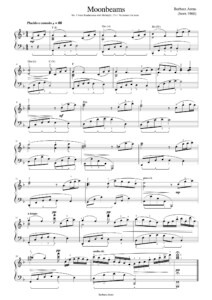 |
Creation and development

Final Fantasy VII was scored by the series’ main composer Nobuo Uematsu
Nobuo Uematsu composed the music of Final Fantasy VII in less than one year, matching the game’s development time, although he had taken two years to create the soundtrack for the previous title, Final Fantasy VI. Final Fantasy VII was the first game in the series to be developed for the PlayStation, and while the media capabilities of the console allowed for pre-recorded Linear PCM (often as Red Book audio tracks on the CD), it was decided to generate the music in real time on the console instead, using samples and note data. This decision has been credited as giving the soundtrack “a very distinctive mood and feel”, forming a strong association for listeners between the game and its soundtrack.
Uematsu had initially planned to use vocal performances for the game to take advantage of the console’s capabilities, but found that the advanced audio quality required in turn made the game have much longer loading times in each area. Uematsu decided that the quality was not worth the effects on gameplay, though after the release and seeing Suikoden II (1998, PlayStation), which had used higher-quality music instead, he reversed his stance for Final Fantasy VIII. There was a plan to use a “famous vocalist” for the ending theme to the game as a “theme song” for the game, but time constraints and thematic concerns, caused the idea to be dropped. Uematsu has stated, however, that the move into the “PlayStation era”, which allowed video game composers to use sounds recorded in the studio rather than from synthesizers, had “definitely been the biggest change” to video game music.
Uematsu’s approach to composing the game’s music was to treat it like a film soundtrack and compose songs that reflected the mood of the scenes rather than trying to make strong melodies to “define the game”, as he felt that approach would come across too strong when placed alongside the game’s new 3D visuals. As an example, he composed the track intended for the scene in the game where Aerith Gainsborough is killed to be “sad but beautiful”, rather than more overtly emotional, creating what he feels is a more understated feeling. Uematsu has additionally said that the soundtrack has a feel of “realism”, which also prevented him from using “exorbitant, crazy music”.
The first piece that Uematsu composed for the game was the opening theme; game director Yoshinori Kitase showed him the opening cinematic to the game and asked him to begin the project there. The track was well received in the company, which gave Uematsu “a sense that it was going to be a really good project”. He later stated in the liner notes for the soundtrack album that the music for Final Fantasy VII was his “greatest harvest” to date.
Final Fantasy VII was the first game in the series to include a track with digitized vocals, “One-Winged Angel”. The track has been called Uematsu’s “most recognizable contribution” to the music of the Final Fantasy series, though the composer did not expect it to gain such popularity. The piece, described as “a fanfare to impending doom”, is said to not “follow any normal genre rules” and has been termed “possibly the most innovative idea in the series’ musical history”.
Uematsu approached the piece, which accompanies the final battle of the game, in a different manner than previous “boss tracks”: as he felt that using his normal approach would cause unfavorable comparisons to his well-received Final Fantasy VI boss tracks, he instead tried to take a different approach. Inspired by The Rite of Spring by Igor Stravinsky to make a more “classical” track, and by rock and roll music from the late 1960s and early 1970s to make an orchestral track with a “destructive impact”, he spent two weeks composing short unconnected musical phrases, and then arranged them together into a song, an approach he has never used before or since.
The lyrics of “One-Winged Angel”, a Latin choral track that plays at the climax of the game, were taken from the medieval poetry that forms the basis of Carl Orff‘s Carmina Burana, specifically “Estuans Interius”, “O Fortuna“, “Veni, Veni, Venias” and “Ave Formosissima”. Uematsu has stated that the intro of “One-Winged Angel” is based on Jimi Hendrix‘s “Purple Haze“, that the piece revolves around the image of Sephiroth, and that despite the chorus and orchestra, he still thinks of it as a “rock piece”. He said in a 2005 interview that “One-Winged Angel” is his favorite tune from the soundtrack, and in 2004 that it was his favorite battle theme from any Final Fantasy game.
Final Fantasy VII Albums
Original Soundtrack
Final Fantasy VII Original Soundtrack is a soundtrack album containing musical tracks from the game, composed by Nobuo Uematsu and produced by Uematsu and Minoru Akao. It was originally released on February 10, 1997 through DigiCube and later reissued directly by Square Enix on May 10, 2004. The soundtrack spans 85 tracks over four discs and has a combined duration of 4:39:53. A limited edition was produced along with the original album, containing illustrated liner notes with several pictures of Uematsu’s workspace and personal effects, various cutscenes and in-game screenshots from the game, and a discography.
The soundtrack covers a wide variety of musical genres, including rock, techno, orchestral, and choral, although the soundtrack as a whole is primarily orchestral. While many of the tracks were intended as background music, reviewers noted the emotional intensity of several tracks, especially “Aerith’s Theme”, which plays during a moment described as “the most shocking moment in video games,” and has been described as the most memorable track from the album. The theme has become popular among fans, and has inspired various arrangements. Other notable tracks include “Main Theme of Final Fantasy VII”. Themes from this track play during several other tunes from the soundtrack, such as “Words Drowned by Fireworks”, to tie the soundtrack together.
The regular edition of the album reached No. 3 on the Japan Oricon charts, while the limited edition reached No. 19. Overall, the album sold 148,000 copies as of January 2010, with the limited edition selling a further 21,000. The album was well received by critics. Allmusic awarded Uematsu’s original soundtrack a five-star rating.
Ben Schweitzer of RPGFan claimed that “for the most part, it’s a diamond”, with his primary complaint being the quality of the MIDI sound. He found the tracks to be “beautiful” and said that “One-Winged Angel” was “possibly the most innovative idea in the series’ musical history”.
Patrick Gann of RPGFan concurred and found all of the soundtrack’s tunes to be “memorable” and the Original Soundtrack to be “very worth the purchase”. Philip of Square Enix Music Online, however, disliked the sound quality of the soundtrack and saw several tracks as “trivial”, though he did note that Uematsu “has a flair for strong, memorable” pieces. In 2006, IGN ranked the album as the best Final Fantasy soundtrack to date and cited the “gripping” character themes and “One-Winged Angel” in particular as contributing factors. They also named “One-Winged Angel” as the best piece of music from the entire Final Fantasy series.
The original CDs for both releases were only published in Japan and include only Japanese track names. The official English track names were later added to digital releases of the soundtrack.
